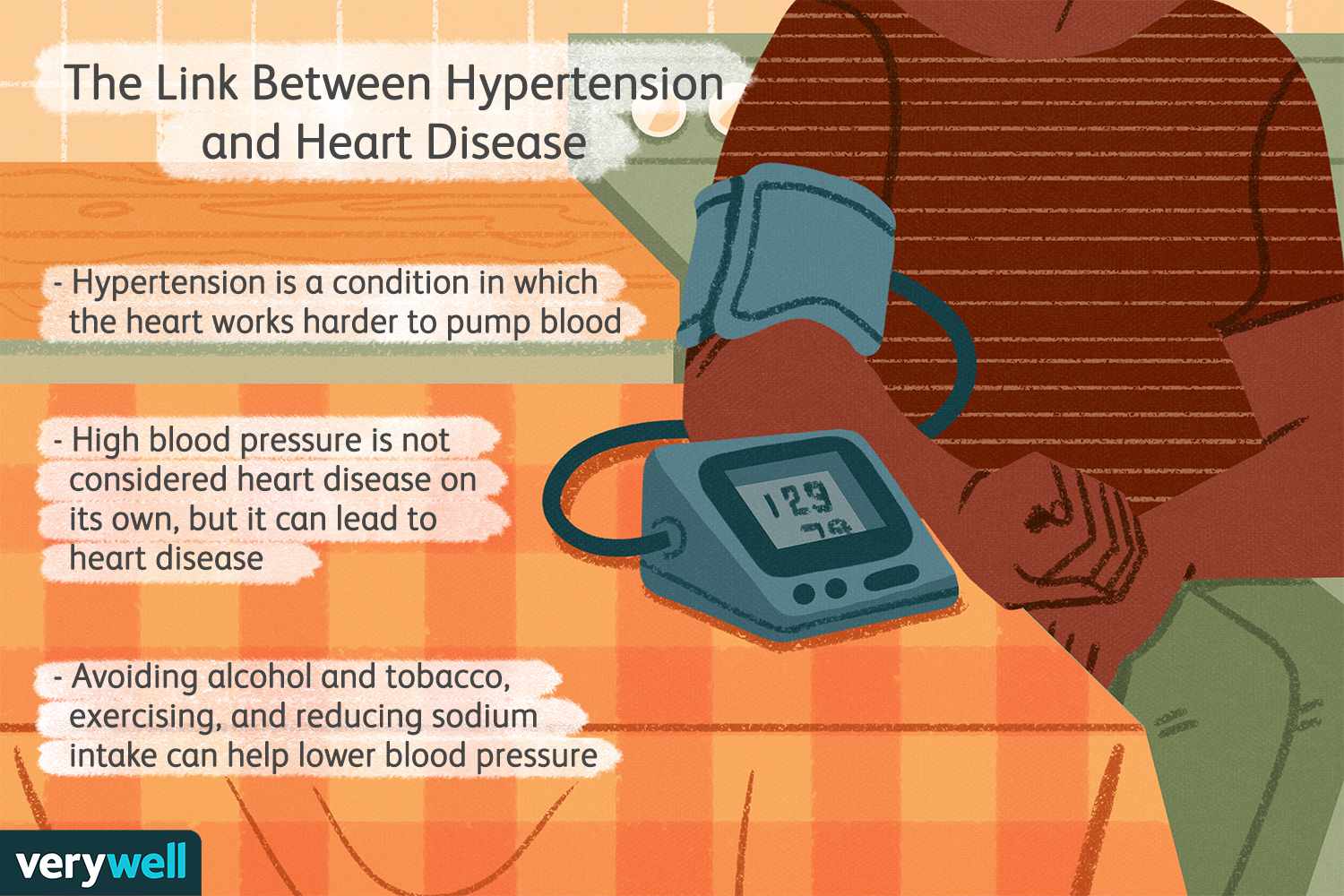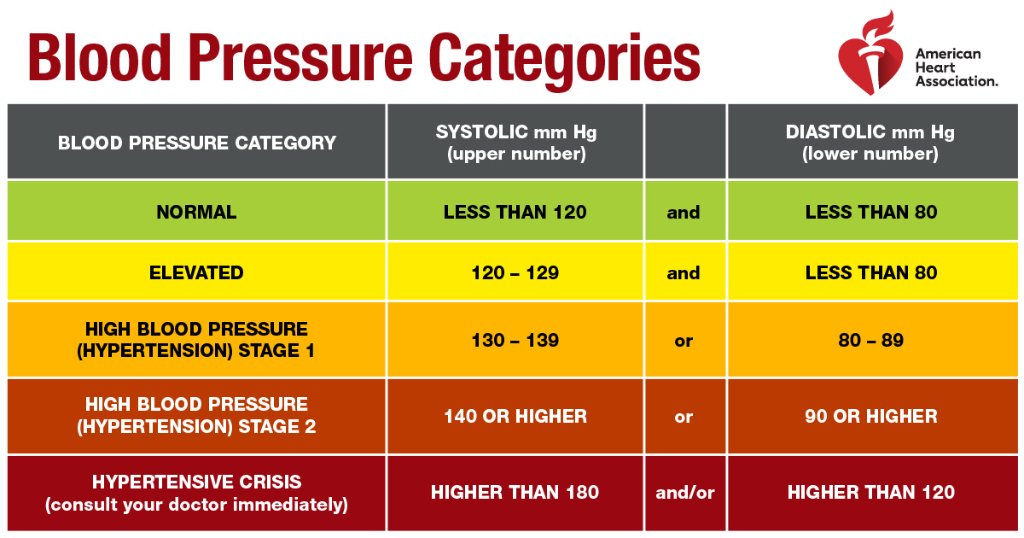High blood sugar may raise heart disease risk even if you don’t have diabetes
People with elevated blood sugar levels may have a 30–50% higher risk of developing heart disease, even if their blood sugar levels are below the diabetes threshold. CFOTO/Future Publishing via Getty Images
- Researchers found that people with elevated blood sugar levels have a 30–50% increased risk of developing heart disease, even if their blood sugar levels are below the threshold for diabetes.
- The findings show that males were more likely to be prescribed preventive antihypertensive and statin therapies than females, revealing a “prescribing gap.”
- Healthy blood sugar levels are important for health and energy, and certain factors may spike blood sugar, even when a person does not have diabetes.
Every person needs a certain amount of sugar in their blood to stay healthy and energized.
A person’s blood sugar levels will fluctuate throughout the day depending on what they eat and is also impacted by their age and overall health.
Researchers from the London School of Hygiene & Tropical Medicine and University College London have found both men and women with raised blood sugar levels have a 30–50% increased risk for developing cardiovascular disease, even if their blood sugar levels are below the threshold for diabetes.
Additionally, researchers reported a potential disparity between the amount of preventive antihypertensive and statin medications prescribed to males and females, suggesting a potential “prescribing gap.”
This study was recently published in the journal The Lancet Regional Health – Europe.
How high blood sugar may be linked to heart disease
Researchers analyzed data from the UK Biobank of more than 427,000 UK residents for the study.
About 54% of participants were females and about 46% were males. All participants had different blood sugar levels including:
- healthy
- prediabetic
- diabetic
Dr. Christopher Rentsch, PhD, assistant professor of epidemiology at the London School of Hygiene & Tropical Medicine and lead author of this study explained to Medical News Today:
“We were interested to explore which risk factors drive known sex differences in the risk of heart disease between men and women with diabetes, and whether men or women with moderately elevated blood sugar below the threshold for diabetes are also at increased risk of heart disease.”
Upon analysis and after adjusting for age, the research team found both men and women with moderately elevated blood sugar levels below the threshold for diabetes were at increased risk for any type of cardiovascular disease.
“The finding that moderately elevated blood sugar below the diabetes threshold was associated with (an) increased risk of heart disease was not entirely surprising based on prior research in this area. For example, there is a recognized state of ‘prediabetes’ where blood sugar is elevated but not yet meeting the criteria for a diabetes diagnosis. Prediabetes is known to increase the risk of progressing to diabetes and potentially developing heart disease. Key novel contributions of our work were quantifying the risk of heart disease across a full range of blood sugar levels for both men and women and demonstrating these associations were largely explained by modifiable factors.”
What is considered high blood sugar?
Sometimes a person’s blood sugar, also known as blood glucose, can become too high. Certain factors may cause a person’s blood sugar to spike, even if they do not have diabetes. These may include:
- unhealthy diet
- lack of exercise
- insufficient sleep
- stress from illness
There are a few different tests used to determine a person’s blood sugar levels.
One of those tests is the fasting blood sugar test, where a person’s levels are checked when they have not eaten. A fasting glucose reading of 99 mg/dL or below is considered healthy.
Another commonly used test is the A1C test, which measures a person’s average blood sugar levels over two to three months. An A1C test reading of 5.7% or below is considered healthy.
When a person’s blood sugar levels test in ranges above normal, it is considered high blood sugar, medically known as hyperglycemia. High blood sugar can signal either prediabetes or diabetes.
Symptoms of high blood sugar include:
- excessive thirst
- frequent need to urinate
- extreme hunger
- unexplained weight loss
- tiredness
- blurred vision
- headaches
- mood changes
If left untreated, high blood sugar levels can lead to a variety of health issues, including:
- nerve damage
- chronic kidney disease
- vision issues
- foot ulcers
- erectile dysfunction (ED)
- skin problems
Previous research has also linked high blood sugar levels to an increased risk for certain heart conditions, including stroke and high blood pressure.
Talk with your doctor if you’re concerned about your blood sugar levels and heart disease risk.


